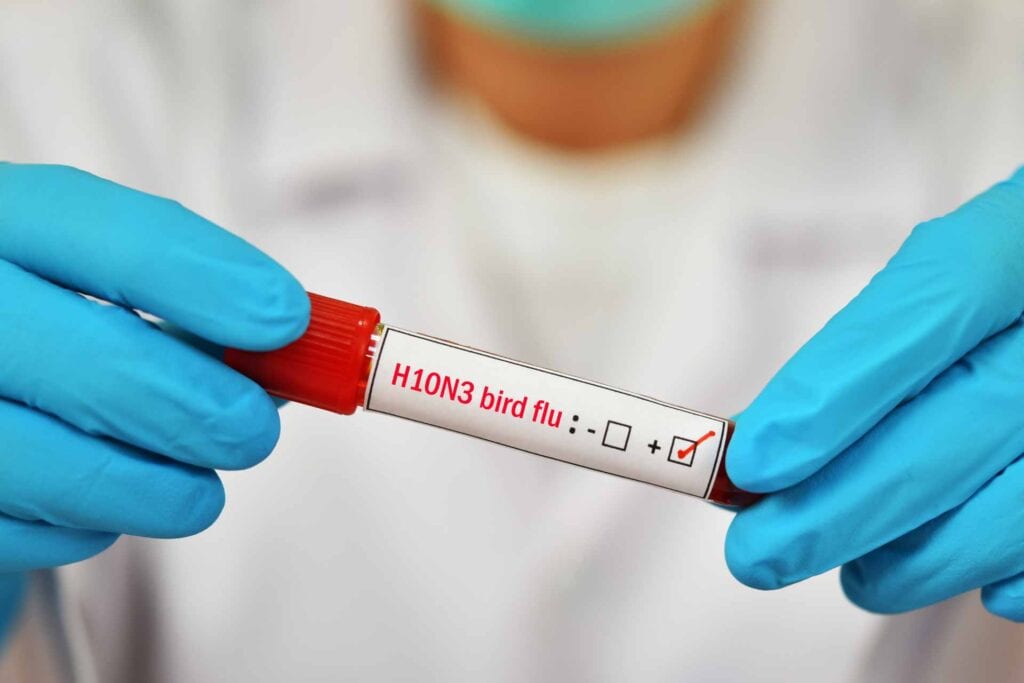CHARLESTON, W.Va. – The West Virginia Department of Health (WVDH) is offering guidance following confirmation of the first case of the Highly Pathogenic Avian Influenza (HPAI) H5N1 in a non-commercial backyard flock in Kanawha County.
It is the first confirmed case in backyard flocks or commercial birds since 2006.
WVDH and the West Virginia Department of Agriculture (WVDA) are working closely with the U.S. Department of Agriculture (USDA) to monitor the exposed individuals to prevent transmission of the virus.
At this time, the public health risk is limited to those who had direct contact with the birds; avian influenza does not spread easily to humans.
The virus spreads easily among poultry through nasal and eye secretions, as well as manure. The virus can be spread in various ways from flock to flock, including by wild birds, through contact with infected poultry, by equipment and on the clothing and shoes of caretakers.
“This virus has been previously identified in surrounding states, it is important to note that the risk of transmission to humans is very low and limited to those with direct contact with the birds,” said West Virginia State Health Officer Dr. Matthew Christiansen, M.D., M.P.H. “If you have concerns about your exposure or symptoms, you should isolate at home and contact your primary care doctor and local health department.”
Dr. Christiansen reminds residents that the confirmed case does not present an immediate public health concern. “We will continue to follow this closely and provide updates if the risk changes.”
The WVDA also points out that avian influenza does not affect poultry, meat, or egg products, which remain safe to eat. As a reminder, proper handling and cooking of all poultry and eggs is recommended as a general food safety precaution. USDA will continue to conduct additional surveillance during the quarantine to protect the poultry industry in the state.
“The WVDA will continue to work with USDA-APHIS on monitoring and follow all protocols to protect our valuable poultry industry,” said Commissioner of Agriculture Kent Leonhardt. “The best strategy any bird owner has against this disease is prevention. It is essential to continue taking preventative measures to protect flocks from wild birds where the disease occurs naturally and follow other biosecurity measures to prevent the spread.”













